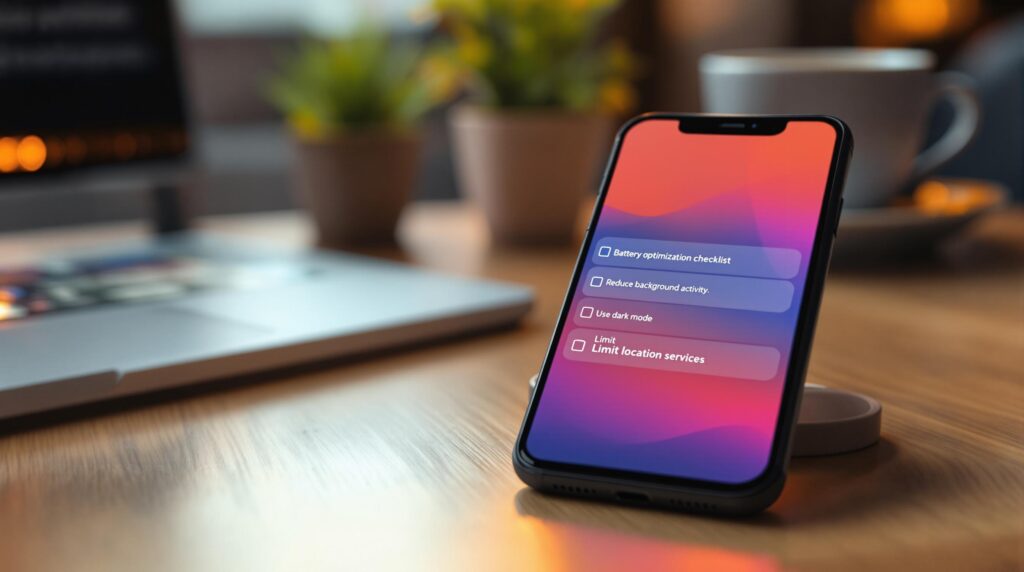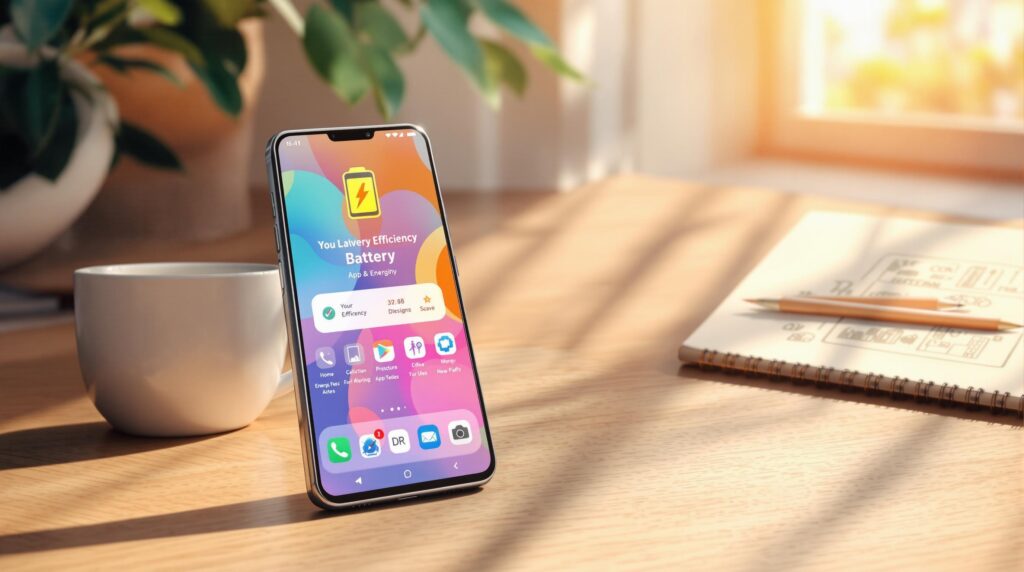This website uses cookies so that we can provide you with the best user experience possible. Cookie information is stored in your browser and performs functions such as recognising you when you return to our website and helping our team to understand which sections of the website you find most interesting and useful.
Mobile App Strategy

Building for Scalability: Architecting Apps That Grow With Your Business
Learn how to build scalable applications that can grow with your business, ensuring performance and efficiency as demands increase.

Champagne Taste on a Beer Budget: Why App Development Costs Vary So Much
Explore the varying costs of app development, from native to hybrid solutions, and discover how to manage your budget effectively.

The Cost of Ignoring Regular App Maintenance
Ignoring regular app maintenance can lead to lost users, revenue, and security breaches. Discover the costs and benefits of upkeep.

How to Tell If Your Dev Team Is Building the Right Features
Ensure your development team builds the right features by aligning with user needs, leveraging data, and prioritizing feedback.

Freelancers vs. Agencies: The Real Cost of Short-Term Thinking
Explore the pros and cons of freelancers versus agencies in mobile app development to make informed decisions for your project.

Ultimate Guide to HIPAA-Compliant App Development 2025
Learn essential steps for HIPAA-compliant app development, ensuring patient data security and navigating regulatory challenges.

Key Features for MedTech Patient Apps in 2025
Explore the transformative features of MedTech patient apps in 2025, focusing on AI personalization, remote monitoring, and telehealth integration.

Checklist for Optimizing App Battery Performance
Learn essential strategies to optimize app battery performance and enhance user satisfaction by reducing power consumption.

How to Design Apps for Better Battery Efficiency
Learn essential strategies for designing apps that maximize battery efficiency, enhancing user experience and engagement.

